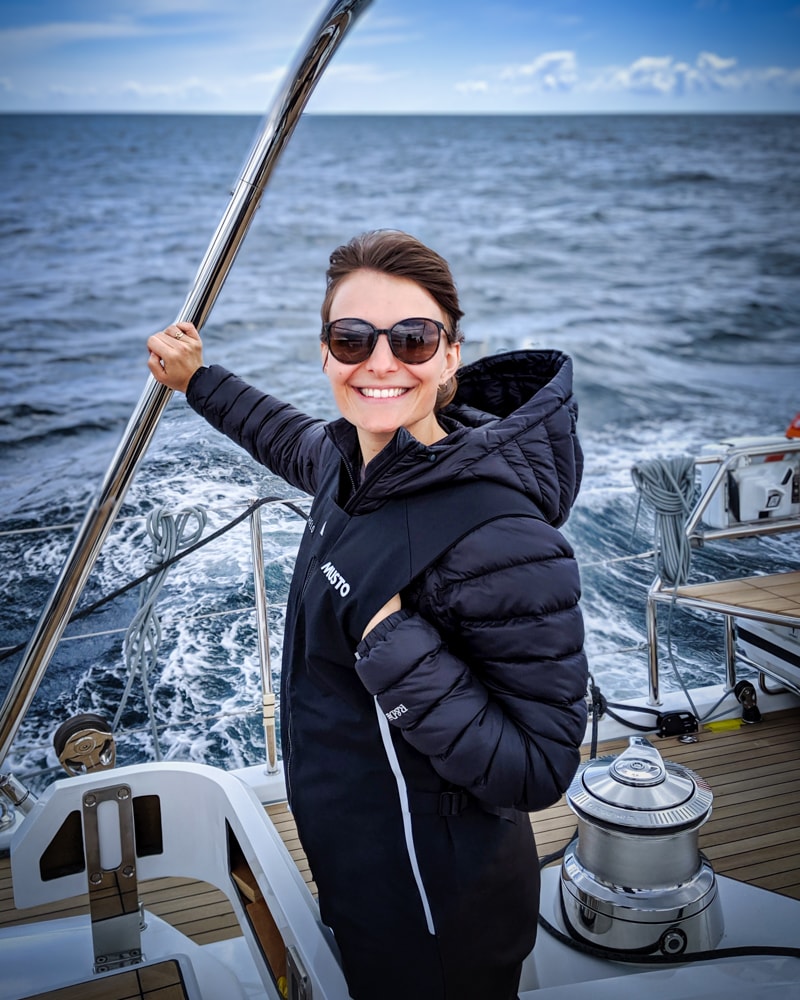In a new memoir, former yacht chef Melanie White examines the dark side of luxury travel. Here, she explains why it was important to tell her story
At age 22, Melanie White is flying high. With good grades at school, a reliable university degree and steady graduate job, her feet are firmly planted on the ground until she finds herself plunged into the superyacht industry – despite having been on a boat only three times in her life.
As a yacht chef, Melanie must devise, develop and deliver fine dining menus for some of the wealthiest people on the planet, all while learning how to run, sail and race a multi-million-pound yacht on the job. She is forced to adapt to a wholly unnatural life, largely confined to a crammed galley and bunk bed with live-in colleagues.
Amid the outward glamour of the Mediterranean, the Caribbean and the Arctic, Melanie begins to feel the world close in. Her mental health deteriorates – a not uncommon symptom of life at sea.
In Behind Ocean Lines: The Invisible Price of Accommodating Luxury, Melanie recalls her time onboard and sounds the alarm on behalf of her colleagues still working in the industry. We sat down with Melanie to find out more.
Your new book Behind Ocean Lines tackles the dark side of luxury travel. Why is this important?
Travel in itself is exciting and can lead to the unexpected. That’s why so many people love it. But it’s also the travel stories that are most risky and that don’t go to plan which are most intriguing, so when I found myself living this bizarre life in the luxury yachting industry, it felt important to me to document it.
I didn’t expect a decline in my mental health when I entered the role, but unfortunately that is what materialised. While I did overcome these challenges and had a fabulous experience in the end, I learnt that a deterioration in mental health isn’t actually uncommon at sea. In fact, in the UK it is estimated that six times as many deaths at sea are attributable to suicide in comparison to on land, and when suspicious deaths and suspected suicides are included – for example, someone jumping overboard – the figure would be in excess of 15 times the UK figure.
I wanted to share my experience to shine a light on the unique tolls faced by seafarers, including the extremely unglamourous behind-the-scenes side of luxury yachting, and to offer hope and a sense of comfort to…
Click Here to Read the Full Original Article at Atlas & Boots…

